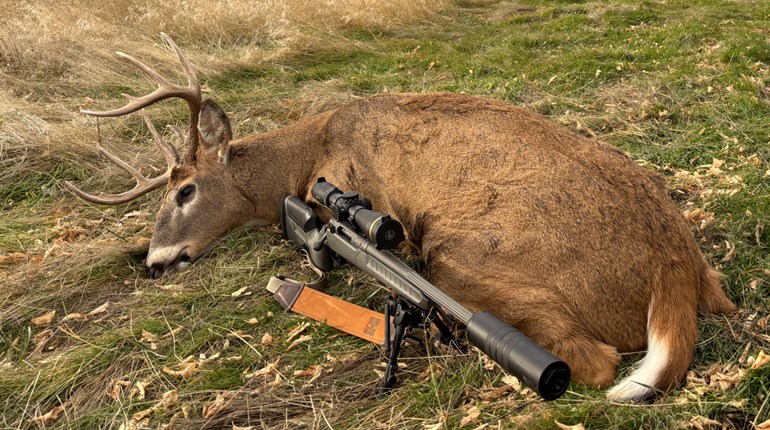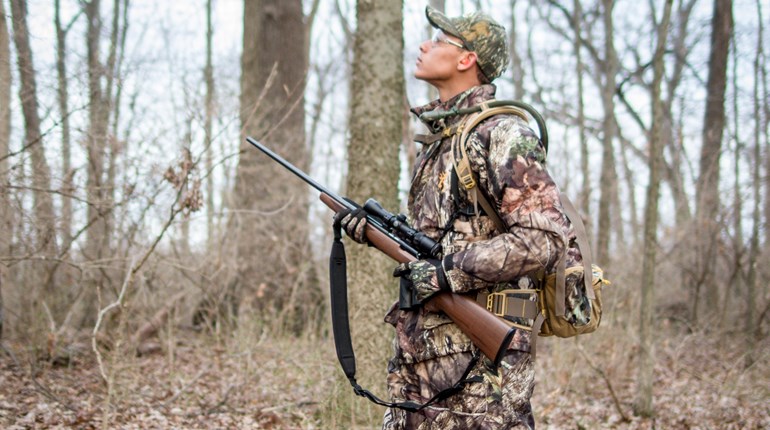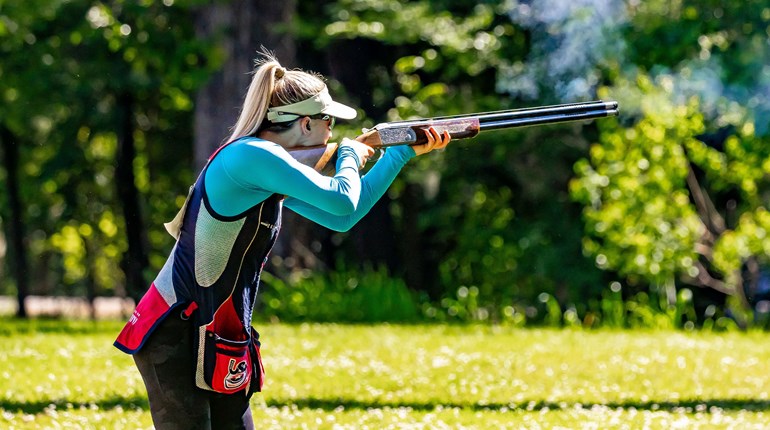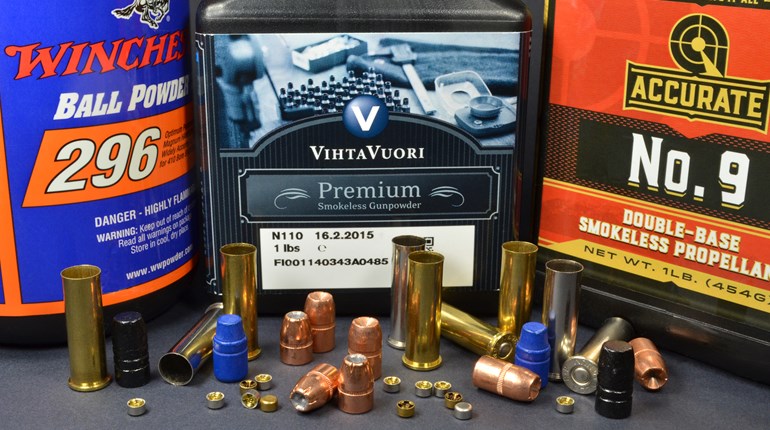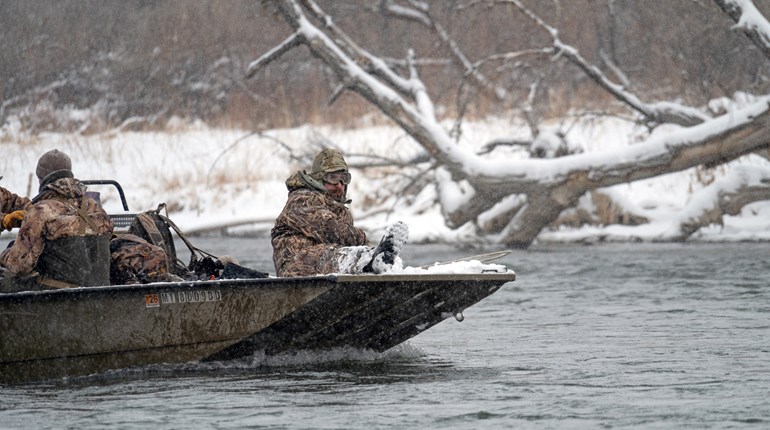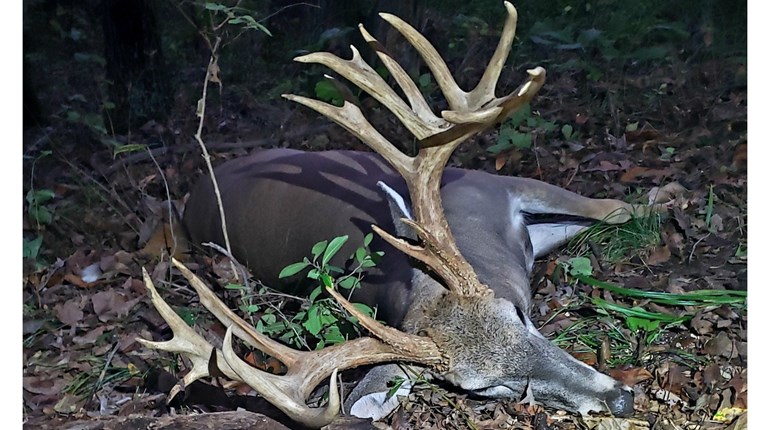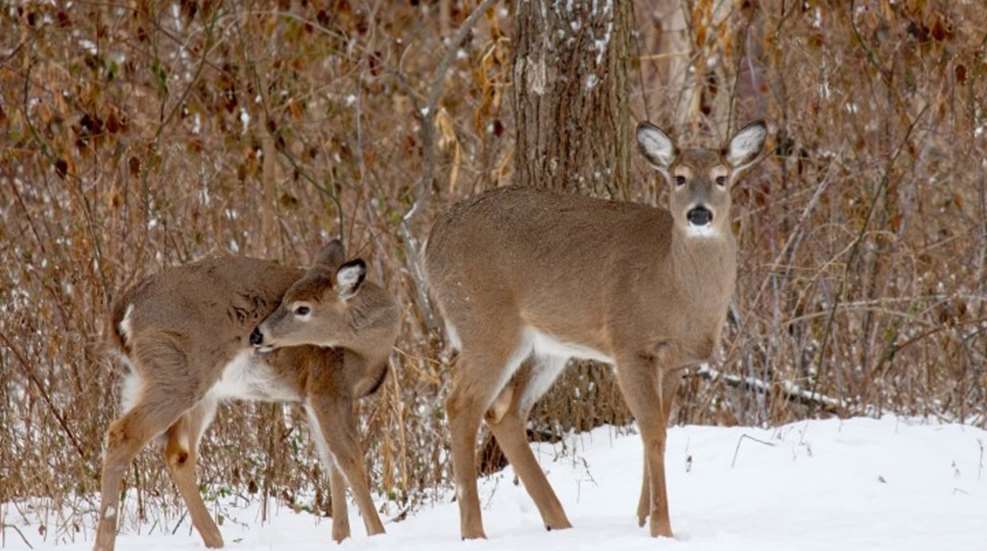
Do you need to worry that this fall's backstraps might come with a side of Coronavirus? There have been recent reports about the connection between deer and COVID-19, which stem from recent research by the U.S. Department of Agriculture. Although that research demonstrated that wild white-tailed deer in Pennsylvania and three other states tested positive for the antibodies to the SARS-CoV-2 virus, there is no evidence indicating that deer can spread the virus to human beings.
Essentially, all those antibodies mean is that at some point over the past year, these deer were exposed to the COVID-19 virus and formed antibodies as an immune response. “COVID-19 has affected all of us, and it’s not surprising the recent research that shows deer can develop COVID antibodies has generated interest,” said Pennsylvania Game Commission Executive Director Bryan Burhans. “But at the same time, there’s nothing to suggest deer hunters or other Pennsylvanians are at risk of contracting COVID from exposure to deer. By taking ordinary precautions when hunting and handling deer, hunters help to reduce any disease risk.”
COVID or no, there always are risks associated with handling wildlife. Hunters and trappers also are advised to follow these simple safety guidelines:
· Do not harvest or attempt to harvest any wildlife that appears sick.
· Keep game meat clean and cool it down as soon after harvest as possible.
· Avoid the backbone and spinal tissue while field dressing, and do not consume brain tissue.
· Wear rubber or disposable gloves and do not eat, drink or smoke while handing and dressing game.
· Always wash your hands and equipment thoroughly after handling and dressing game. Following cleaning with soap and water, further disinfection of equipment can be done by applying a 10 percent household bleach solution and allowing 10 minutes of contact time. Equipment can then be rinsed with clean water and allowed to air dry.
· Cook all game meat to the appropriate internal temperature as outlined by food safety officials.
· Do not consume raw game meat or blood of wild animals.
These longstanding safety recommendations have worked for years to help keep hunters and their families safe; stick with them, and enjoy your venison in health!













